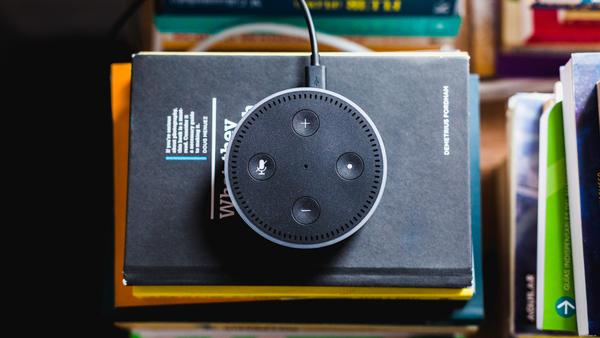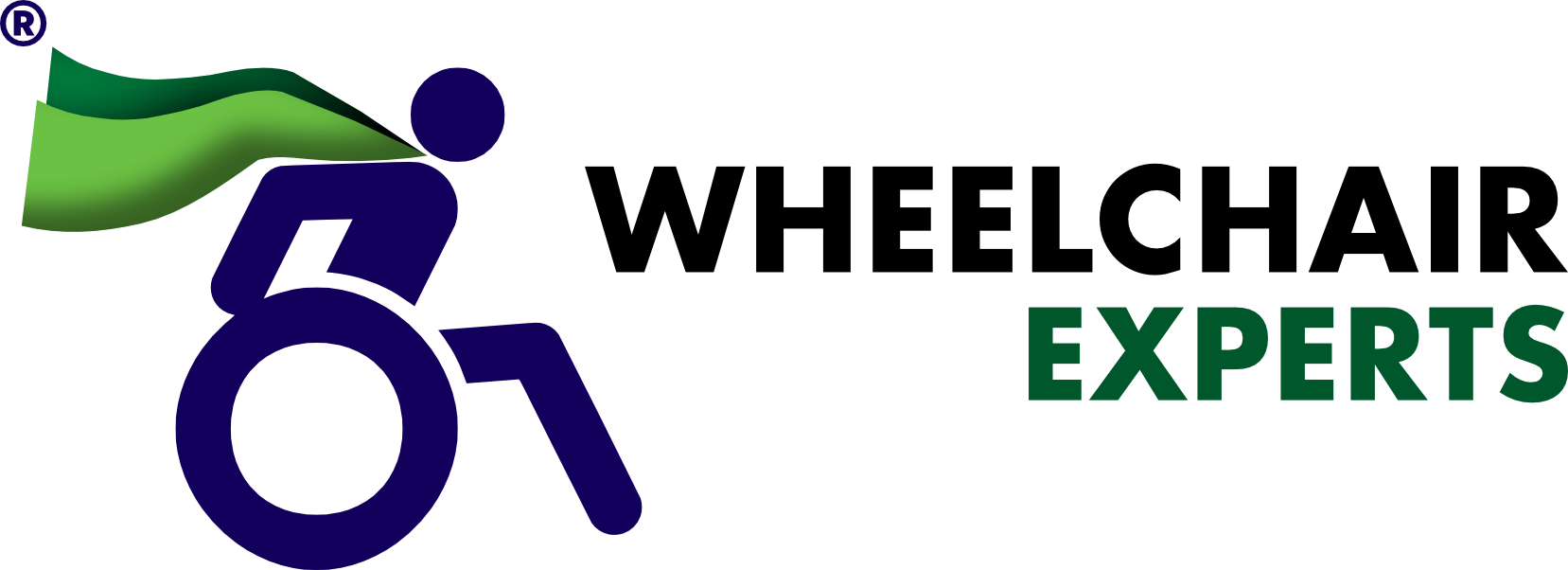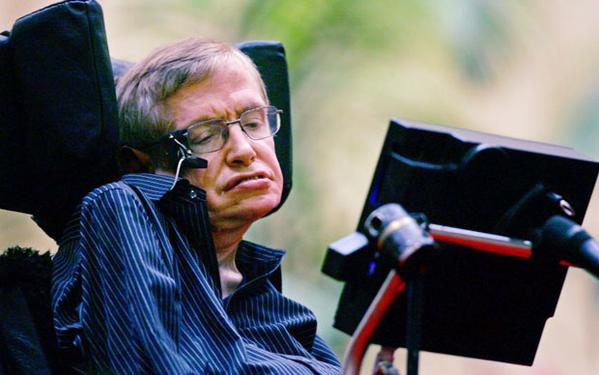(Image Source – Gary Radler)
Individuals with disabilities have hundreds of software and hardware to choose from that enable them to communicate, control, and connect with the world. From speech-generating software to page turners, these highly specialized tools have the power to change the ways users interact with their environment and their peers, but unfortunately, create barriers in other ways. The average page turner costs between $3,000 to $4,000. Considering a book would cost you a mere $15, and that most people in North America (with or without physical disabilities, do not have thousands of dollars sitting in their bank accounts, the high cost of available devices means that only a few can integrate these technologies into their daily lives.
Innovations in technology have made it possible for developers to create free, open-source software that offers complex solutions that outperform expensive assistive technologies. This blog highlights some of the free software available that generate speech, assist with typing, and offer control of a user’s environment.
Translating to “chatter” from Russian, Balabolka is a free text-to-speech (TTS) and voice synthesis technology that is based on Microsoft’s Speech API (SAPI). The software creates a more user-friendly experience with added features including the ability to:
-
Alter a voice’s rate, pitch, etc.
-
Apply a special substitution list to improve the quality of the voice’s articulation
-
Switch between 31 different languages
Overall this solution turns artificial speech generation, like Microsoft Anna, into a more natural sounding voice. This Windows software is useful for individuals with speech impairments that would benefit from a natural sounding voice that converts their text into sound.
NaturalReader is a text-to-speech software that is available for personal and commercial use and can be used online or in a downloadable interface. This easy-to-use software can read allowed any text from platforms such as web pages, PDF files, and Gmail. NaturalReader can also convert printed documents and screenshots to digital text, so it can read scanned documents or screenshots from an eBook.
Features available in the free version of the downloadable software include:
- Text to Speech
- Works with PDF, Docx, TXT, and ePub
- Change speed and speaker
- Floating bar to read the text in other applications
The software is available to download on Windows and Mac computers. But, if you have more than one computer and want to access NaturalReader, you can also use the online platform.
Say It! is a simple and fast mobile app that was developed to help users with speech impairments have a voice wherever they go. The interface allows the user to type a word or phrase like they would a text and hear the computerized voice speak it back. The developer, Owen McGirr, is a Tecla user who knows first-hand how important it is to build applications and technology that disabled people can really benefit from. He also created another free app called YesNo that makes it easier for users to quickly answer yes or no to caregivers.
Mac OS’s Accessibility Keyboard allows users to type on their laptop without a physical keyboard. It provides advanced typing features and navigation that users can customize to their vocabulary. For example, typing suggestions would allow them to click on predicted words before they finish typing. Apple’s support page contains information on the Accessibility Keyboard and how to use the Panel Editor to customize the Switch Control or Accessibility Keyboard panel collection and streamline common actions for different apps.
Similar to Mac’s Accessibility Keyboard, the Windows OSK offers a solution to users who are unable to use the physical keyboard or touchscreen interface to type on their computers. Some additional accessibility features include:
- Scan through keys: allow the OSK to continually scan and highlight keys on the keyboard.
- Use click sounds: to hear a sound when a character is selected on the OSK.
- Show keys to make it easier to move around the screen: to have the character light up on the OSK when it is selected.
Both Mac and Windows computers also have dictation features that recognize a user’s speech and turn their voice into words on the screen.
Grammarly is a free app and Google Chrome Extension that automatically checks your grammar, spelling, punctuation, word choice, and style on many applications including Facebook and Microsoft Office. Grammarly explains the reasoning behind each correction, so you can decide for yourself whether to correct an issue. This application is useful for anyone who wants to spend less time proofreading, making changes to their sentences, and quickly flag errors outside of word processors!

IFTTT (acronym for “If This Then That”) is a free automation platform that communicates between different apps, web services, and devices to trigger user-specific actions through Applets. IFTTT is great for users with disabilities by eliminating steps to perform actions and allowing the Internet of Things to do simple things such as turning on the lights at 7:00 am every morning. tecla-e is compatible with IFTTT, which means that certain tasks that once required a caregiver can now be easily customized by the user and gives quadriplegics more independence.
The Tecla app allows users to manage their tecla-e hardware and control their smart devices in one place. The remote feature allows users to set buttons to specific functions of the service or device to activate the command through a single touch. This feature allows users to create shortcuts for speed dial, SMS or email templates, and control devices through IFTTT, Alexa or Harmony integrations. The app also offers a subscription-based service that allows users to share their location and give caregivers and family members peace of mind when they are traveling alone.
Apple’s Siri, the Google Assistant, Microsoft’s Cortana, Amazon Alexa and Samsung’s Bixby are voice assistants that recognize a user’s voice and respond to their questions using the power of artificial intelligence and machine learning. Voice Assistants reduce barriers to accessing mobile technologies for individuals with physical disabilities, vision or hearing loss, and intellectual disabilities by reducing the time spent navigating the interface to gather information available on the web or trigger specific services.
A free open-source software that was developed for Stephen Hawking, the toolkit is an all-in-one technology that enables users to communicate with others through speech synthesis, word prediction, and keyboard simulation. The developer’s goal was to create a more user-friendly assistive technology to help Hawking communicate while customizing it to his needs. Hawking specifically asked for this software to use the same voice that had been with him since his first speech synthesizer. Hawking’s feedback was integral to the toolkit’s success. He contributed to the design process and was a key contributor to the project design and validation. Now, the toolkit is available for free to all others who need it.
** This post was originally published on https://gettecla.com/blogs/news/free-assistive-technology-software-for-speaking-typing-and-environmental-control


